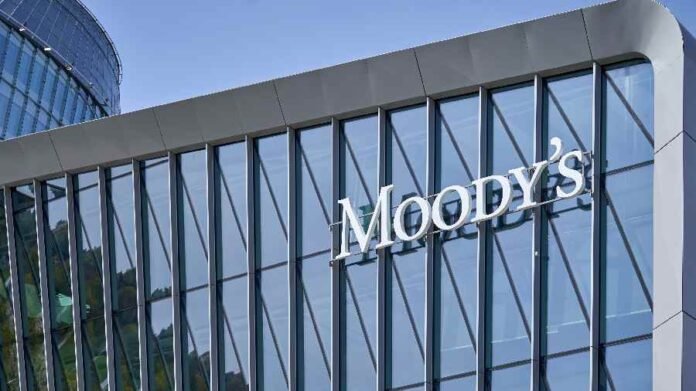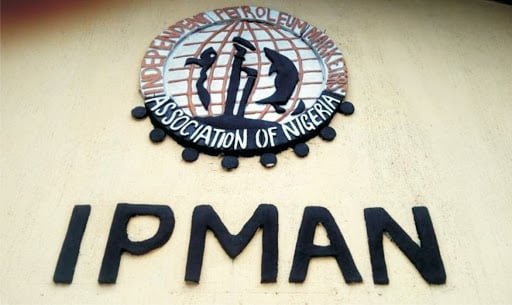Nigeria has received another boost in its international financial standing. Moody’s Investors Service has raised the country’s long-term issuer credit rating from Caa1 to B3. The outlook remains stable.
This is the second time in two months that a top rating agency has improved Nigeria’s credit score. In March, Fitch Ratings had also moved Nigeria’s rating up from B- to B. Both upgrades reflect renewed investor trust and confidence in President Bola Tinubu’s economic policies.
Moody’s said the latest upgrade follows “significant improvements in Nigeria’s fiscal and external positions.” These improvements are linked to recent reforms introduced by Tinubu’s administration.
The shift from Caa1 to B3 means Nigeria has moved from a “very high risk” category to a “high risk” one. This step up is small but important. It shows Nigeria is making progress in solving problems like foreign exchange shortages, rising debt, and pressure on government spending.
Moody’s praised the Federal Government’s strong push to fix economic challenges. These include tax reforms, a new flexible exchange rate policy, and better transparency in public finance.
The upgrade is expected to help Nigeria borrow at lower costs from global markets. It may also increase foreign direct investments and help grow the economy faster.
Government Says Upgrade Validates Reforms
The Federal Government welcomed the news. The Minister of Finance and Coordinating Minister of the Economy, Wale Edun, said it shows Nigeria is on the right path.
“We are encouraged by Moody’s recognition of our reform agenda,” he said. “This positive outlook reflects our administration’s determination and the tremendous work being carried out across various Ministries, Departments, and Agencies (MDAs)—including our monetary policy authorities at the Central Bank of Nigeria—to stabilize the economy, attract investment, and ensure inclusive and sustainable growth for all Nigerians.”
Moody’s had earlier changed Nigeria’s rating outlook from Caa1 Stable to Caa1 Positive in December 2023. Now, this full upgrade to B3 shows steady progress.
Analysts See Path Toward Growth, Lower Borrowing Costs
Economic experts believe the rating upgrades signal a more stable future for Nigeria. Managing Director of Ambosit Capital Managers, Dr. Wahab Balogun, said a better rating makes it easier for Nigeria to borrow money at cheaper rates.
He added, “The dual upgrades by Fitch and Moody’s have been received in financial and investment circles as indicators of Nigeria’s return to a path of responsible economic management, capable of restoring the country’s standing in global finance.”
A stable outlook means Moody’s does not expect to change the rating soon. It sees the current reforms as working well but wants to see continued effort to maintain the gains.
The Federal Ministry of Finance said the timing of the upgrade matters. It comes as the government is focusing on faster economic growth, more private investment, and better infrastructure.
“The government will continue to collaborate with both domestic and international partners to boost investor confidence and enhance Nigeria’s global credit standing,” it stated.
The Tinubu government has removed fuel subsidies, unified exchange rates, and widened the tax base. These moves, though tough, are seen as helping restore stability to Nigeria’s economy.
As Nigeria moves forward, officials vow the country will stay on course with fiscal discipline, public debt management, and investment-friendly reforms.
Rate, Like 👍, Comment, share this article and Follow us on our social media handles.









Please, let me hear something new 😆😆😆 These Western agencies have lost their credibility. I accept their statistics that are favourable to puppet leaders in Africa.